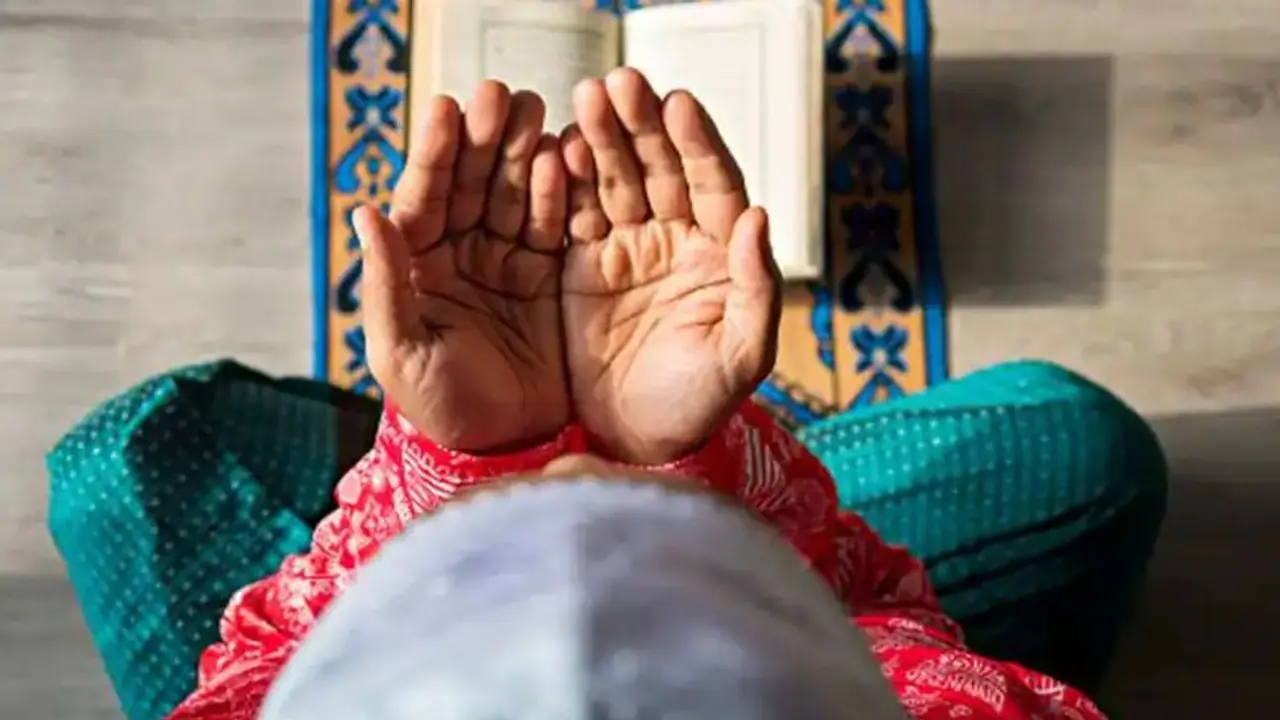By addressing the unique Indian cultural and religious factors that affect mental health in Muslim communities, Indian Islamic therapy can provide a holistic approach to mental wellness, says Arshia Malik
Islam is one of the world's major religions, with over 1.6 billion followers worldwide. Mental health is a critical component of overall health and well-being, affecting individuals across all cultures and religions.

The intersection of Islam and mental health is a complex and multifaceted topic that has gained increasing attention in recent years. There are various factors that influence the intersection of Islam and mental health, including cultural, social, and religious beliefs and practices.
For Muslims, their faith and spirituality are often integral to their mental health and well-being. At the same time, the stigma surrounding mental illness in many Muslim communities can lead to underdiagnosis, undertreatment, and a lack of support for those who experience mental health challenges.
When Europeans in the Medieval Period viewed mental illness as demon-related, Muslim scholars of that time, including Ibn Sina (known in the West as Avicenna – the founder of Modern Medicine), rejected such concepts and viewed mental disorders as conditions that were physiologically based. This led to the establishment of the first psychiatric ward in Baghdad, Iraq in 705 CE by al-Razi (one of the greatest Islamic physicians).
This was the first psychiatric hospital in the world. According to al-Razi's views, mental disorders were considered medical conditions and were treated by using psychotherapy and drug treatments. The discussion on mental health was published in his book entitled ‘El Mansuri’ dan ‘Al Tibb al-Ruhani, a forerunner to Sigmund Freud and Carl Jung’s studies.
But researchers find that many Muslims are hesitant to seek help from mental health professionals in due to the differences in their beliefs and lack of understating of the helping professionals about Islamic values in their treatment modalities. Consequently, Muslims might feel uncomfortable in seeking psychiatric help to avoid conflicting with their religious beliefs. This is where Ariba Khan of India comes in.
An IIT Roorkee and IIM Bangalore alumni, Ariba Khan, founder and CEO of Jumping Minds, designed a Deep Tech mental health app powered by an engaged community, smart AI bot and self-care tools. The app was named among the Best Android Apps of 2021 for India by Google. The app is said to provide an 'anonymous safe' space to anyone facing mental illness and is designed to make them feel better.
Ariba has been closely associated with the health tech industry for the past eight years and aims to build India's largest mental health community. She speaks about her mission to spread one billion-plus smiles by making mental health easy, accessible, and fun as she believes that 'feeling better' is every individual's basic need.
For many Muslims, faith and spirituality play a significant role in their mental health and well-being. Islamic teachings emphasize the importance of maintaining a strong connection with God, practising mindfulness, and seeking help from others. Islamic practices offer several ways to manage stress and anxiety.
One of the most significant practices is Salah, which is the obligatory prayer that Muslims perform five times a day. This practice can help reduce stress and anxiety by providing a sense of peace, tranquillity, and mindfulness. Additionally, reciting specific verses from the Quran, such as Surah Al-Fatiha, Surah Al-Ikhlas, and Ayatul Kursi, can offer comfort and protection.
Muslims are also encouraged to engage in dhikr, which involves repeating the names of Allah, which can help to calm the mind and ease anxiety. Fasting during the month of Ramadan can also be a way to manage stress by promoting self-discipline, reflection, and gratitude. Finally, performing charitable acts (sadaqah) and helping others in need can provide a sense of purpose, and fulfilment, and reduce stress and anxiety by shifting focus away from personal problems.
However, it's important to note that while faith and spirituality can be helpful for some, it is not a replacement for professional mental health care, and individuals should seek support from qualified mental health professionals when necessary.
The social stigma surrounding mental health can have a significant impact on the mental health of Muslims. The stigma associated with mental health can lead to feelings of shame, guilt, and fear of judgment, which can prevent individuals from seeking help. In some Muslim communities, mental illness is stigmatized, and individuals may be viewed as weak, possessed by evil spirits, or punished by Allah. This stigma can lead to discrimination, social isolation, and negative attitudes towards individuals with mental health challenges.
Furthermore, cultural beliefs and traditions surrounding mental health can influence how individuals seek help and access support. For example, in some Muslim communities, seeking professional mental health care may be viewed as a sign of weakness, and individuals may instead rely on traditional healing methods or seek support from religious leaders.
Muslim professionals like Ariba Khan addresses the social stigma surrounding mental health to promote access to care, reduce discrimination, and improve the mental health and well-being of Indian Muslims.
Indian Islamic therapy is an approach to mental health treatment that integrates Islamic principles and practices with traditional psychological therapies. This therapy can offer several benefits for mental wellness, including providing a safe space for Muslims to discuss their mental health challenges while incorporating their faith and spirituality into the therapeutic process. It can help individuals identify and challenge negative thoughts and beliefs that may be affecting their mental health, using Islamic teachings to provide guidance and support.
By addressing the unique Indian cultural and religious factors that affect mental health in Muslim communities, Indian Islamic therapy can provide a holistic approach to mental wellness.
The author is a columnist and commentator on social issues with an emphasis on Islam in India.
